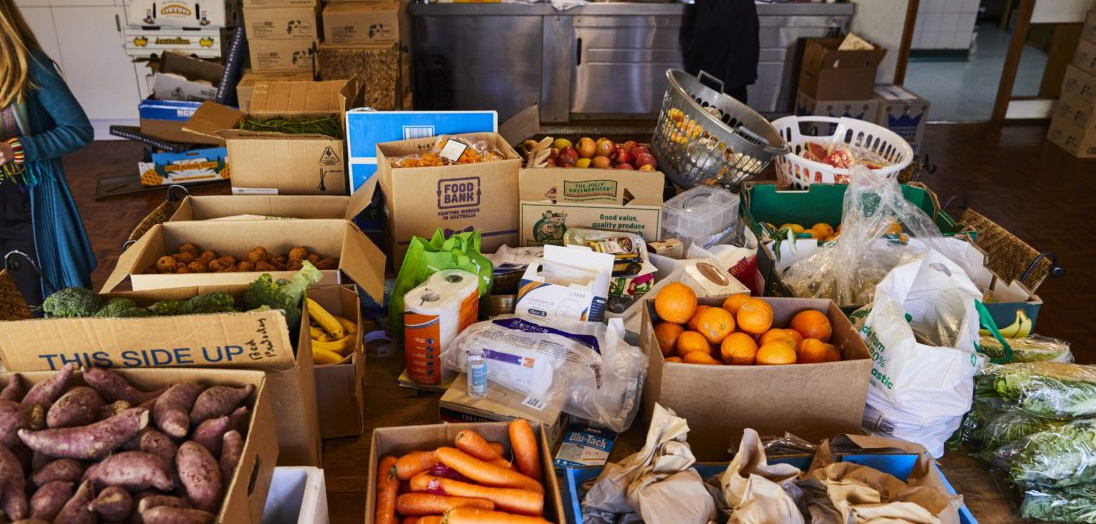
Climate Related Displacement
An emerging area of expertise for JRS Australia.
Our work in this space
People displaced in the context of climate change and disasters often fall through protection gaps, becoming at risk of harm whether on the move or when remaining in climate vulnerable regions. This is a new area of work for JRS Australia, and it has been a learning process: up-skilling knowledge, mapping current action, and discerning the way forward. We are seeking to identify policy recommendations which can proactively support communities at risk of climate-related displacement, safeguarding their human rights and connecting Australia more closely to our Pacific neighbours.
Climate change and displacement
As the climate crisis worsens, the impacts are felt unevenly across our world. Some of the most affected regions are both the least responsible and the least resourced to adapt. One significant impact of climate change is forced migration when people’s home environments become uninhabitable. This can occur through both slow-onset changes, such as sea level rise and droughts, and sudden-onset events, like storms. The climate acts as a ‘vulnerability multiplier’, interacting with other factors to increase the likelihood that someone is forced to migrate, exacerbating strains such as conflict and resource scarcity. Climate-related displacement intensifies existing lines of inequality, such as gender, with women and children are over 14 times more likely to be killed by climate fueled disasters than men. This is thus an issue of justice that calls on faith-based organisations to respond.

Where JRS Australia stands
Since 2022, JRS Australia has had the pleasure of hosting two internships with highly skilled graduates who have launched our exploratory work in this area. We have been connecting with a range of organisations to build JRS into a network of advocacy on climate displacement which we hope will strengthen and grow. So far we have developed a draft Policy Platform that outlines a series of recommendations and consulted with a number of experts and organisations, including individuals from highly affected areas in the Pacific.
Alongside these internships JRS Australia is a proud member of the Care for our Common Home Committee, a Jesuit committee that supports each other to progress ecological justice. As part of our work to care for creation better, we are seeking to monitor and reduce the carbon footprint of our own organisation, using an environmental impact calculator.
Next steps
JRS Australia is committed to more listening and learning with affected communities as we move forward with this work. The next steps will include deliberating with key partners and engaging another intern to help us progress this work.
Be a part of the conversation
If this is a topic that interests you, please get in touch with amelia.savage@jrs.org.au and we’d be delighted to hear from you. You can also subscribe to our email newsletter to receive updates about our work in this and related areas.

